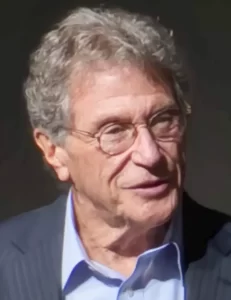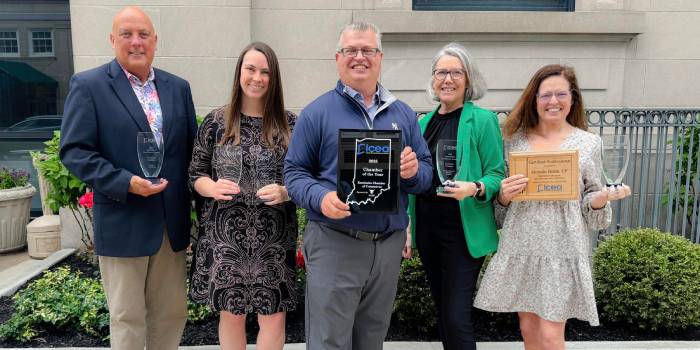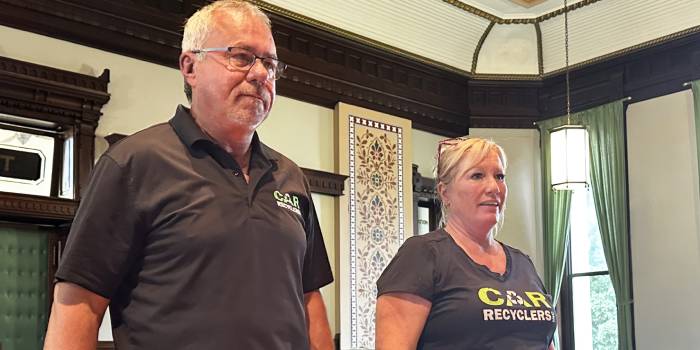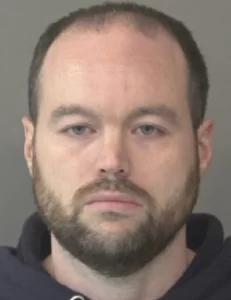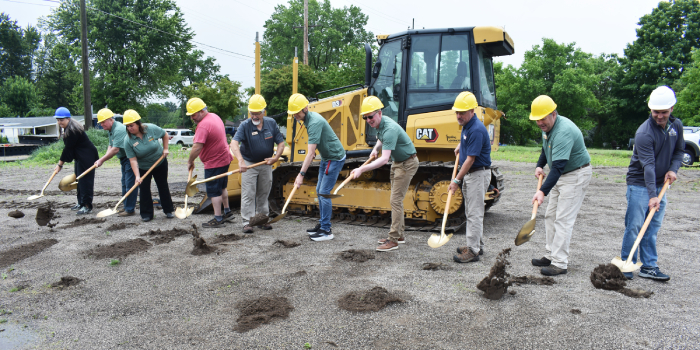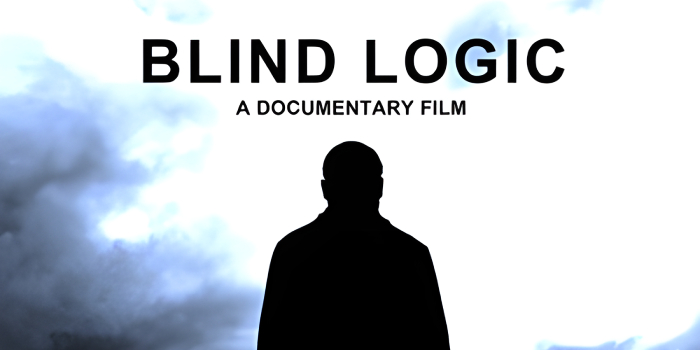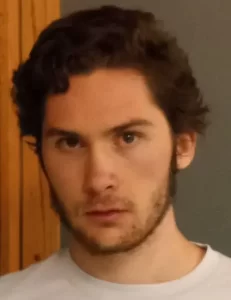FORT WAYNE — Dr. Ken Dychtwald, a psychologist, gerontologist, author and visionary, has been involved in the field of age-related issues since 1974, when he was 24 years of age.
Dr. Ken Dychtwald
Dychtwald, now 75, was in Fort Wayne to speak to those attending the 50th Anniversary Stakeholder Summit and Community Conversation, for Aging and In-Home Services of Northeast Indiana May 16.
In an interview, Dychtwald stated in 1974 there was not much attention being given to older people.
“We largely viewed people over the age of 65 as over the hill, past their prime and it was time for them to step out of the workforce, and enjoy a bit of vacation before they expired,” he said.
But things have changed. Lifespans are longer, people are more active. He is working to make those changes
Dychtwald is CEO of Age Wave, the nation’s foremost thought leader on issues relating to an aging population, with expertise in the profound business, social, health care, financial, workforce and cultural implications. He illustrates how today’s older generation is still as active and viable as when younger.
“Now we’ve got an individual who is about to turn 80 as our president, Rolling Stones are still selling out in their 80s … I’m the same age as (Bruce) Springsteen, and I wouldn’t say he‘s lost a beat. He’s not a young man any more, but he’s still strong and wonderful and talented and more and more TV shows are featuring 50, 70 and 80-year olds in leading roles,” he said.
He mentioned actors Harrison Ford and Tom Cruise.
“In a lot of ways we’ve become more accepting of and even excited by the prospects of life in maturity. We see it as a time, not so much as a short vacation from work, rather the time for reinvention.”
That reinvention, according to Dychtwald, could be falling in love again if widowed or divorced, going back to school, starting a church, helping grandchildren.
“We’re seeing more and more activity and positive roles for older people than I ever imagined back when I started in the field.
“At the same time, there are some problems that have become more serious because there are more and more older people,” he said.
Dychtwald pointed out when Social Security was created the life expectancy was 63. The age of 65 was thought that people would be too old to work, needing support.
““There’s a big question mark if that’s the right number any longer,” he said. “I’m 75 .. working today, I’m excited to be working today. I don’t feel like this is a punishment, I more feel like ‘lucky me.’ ”
Looking at the issues, Dychtwald noted where the nation ranks in life expectancy and health span, ageism, and savings for retirement. He found the current median savings for retirement for those 55 years old is $50,000.
“That’s going to play out in a situation when a lot of older people may struggle financially in their later years, we have to gear up for that,” he said.
The final issue is no one is tasking the older population to help. He is suggesting a National Elder Corp where the older population can give of their time, talent and knowledge to the younger generations.
He believes a lot of people feel comfortable with their age, but there is still a lot of bias and prejudice. His mentor coined a clinical disorder, gerendaphobia, where people are unconformable with older people and uncomfortable with their own aging.
”We’ve got to fix that. We’ve got to make (older generation) more positive, more productive, more contributory, more healthy and more confident. … people standing up and saying they are having the time of their life and I think the more we hear that, more things will change,” he said.
He concluded noting TV advertisements.
“We need to associate 70-75 with vitality not with decline … whether realizing it or not, we’re building up a perspective that older people are struggling and we’ve got to fix that … We’ve got to get older people to be healthier and show it off more.
In his view, referring to television ads that show older people having health problems, like disorders, needing to take medication and seeing too many ads on TV, “they’ve got this problem, this disorder, this illness; we’re building up a perspective; we’ve got to fix that, be healthier and show it off more.”
